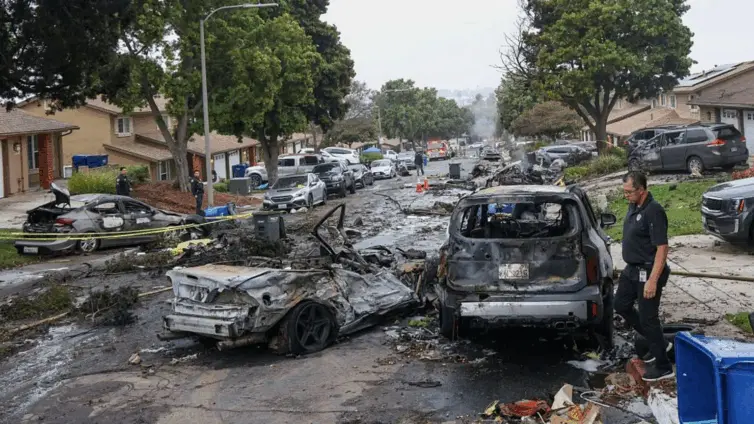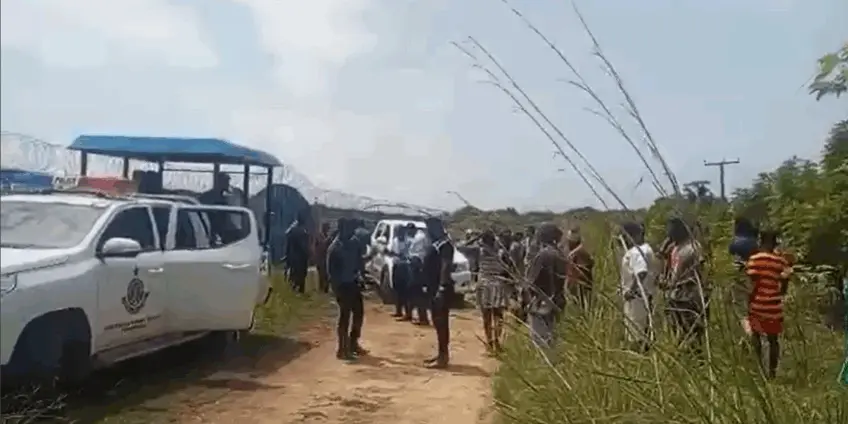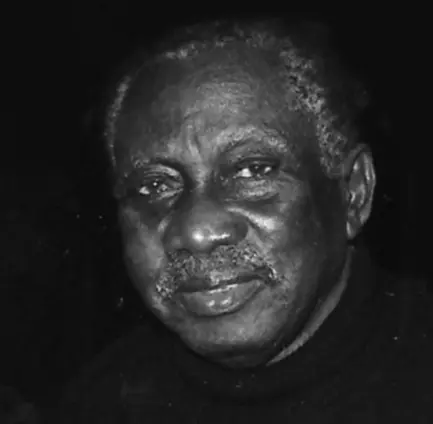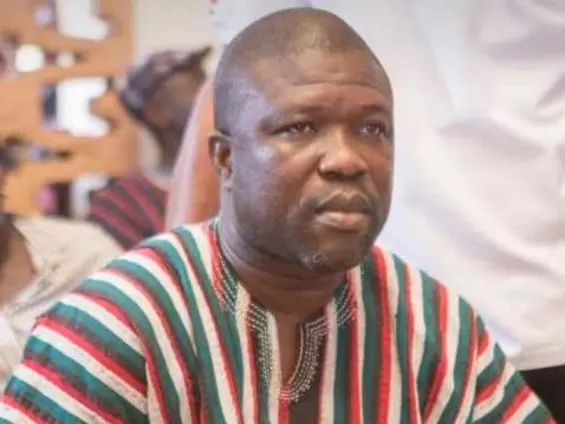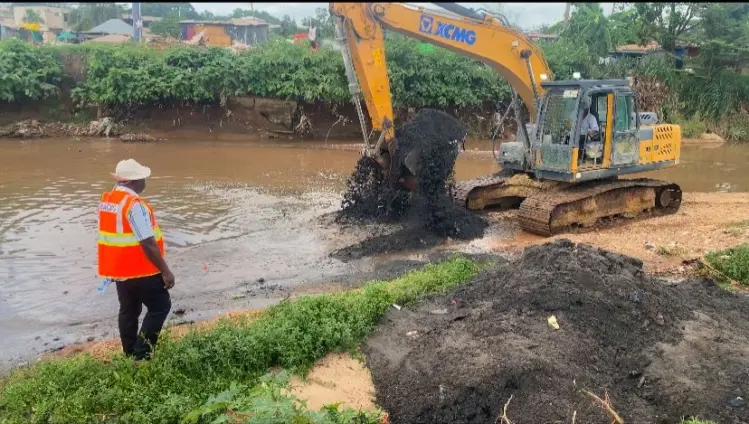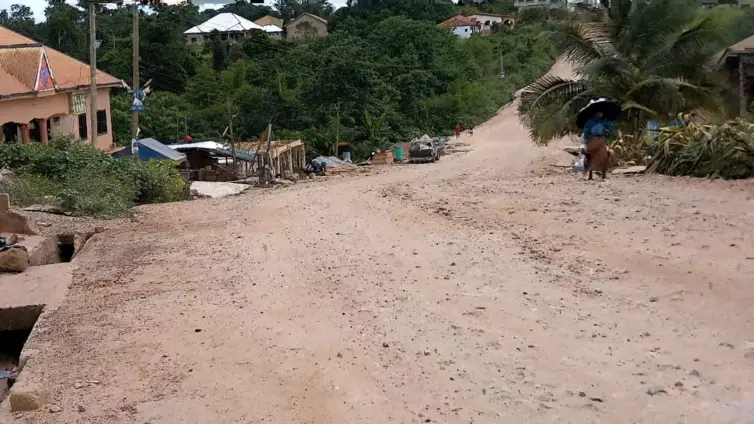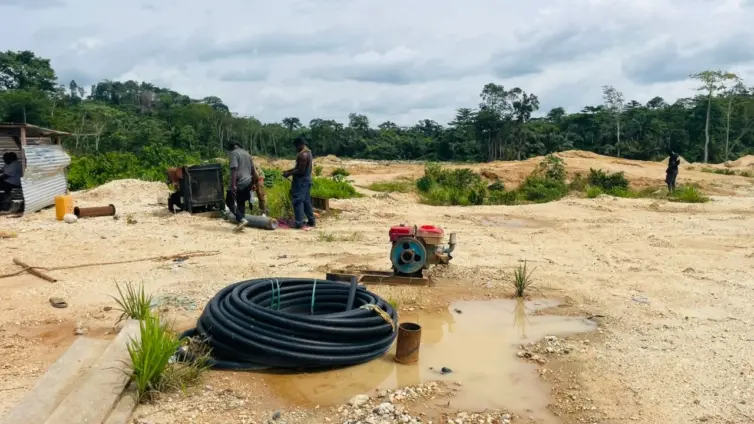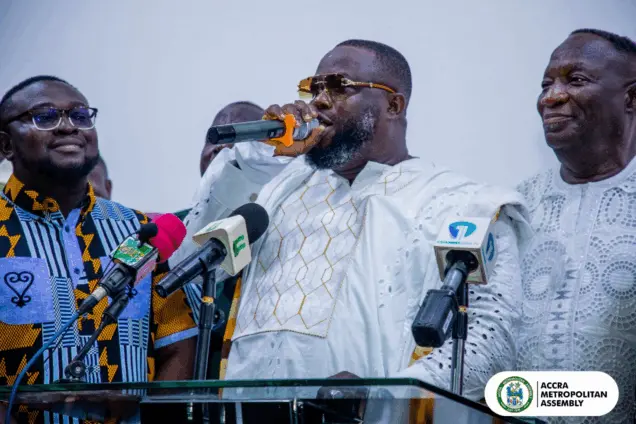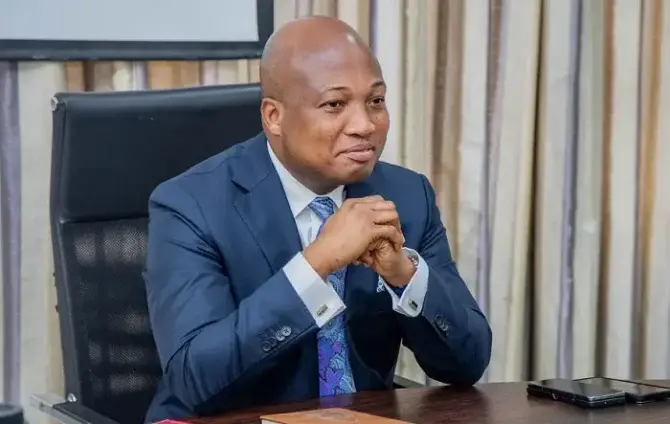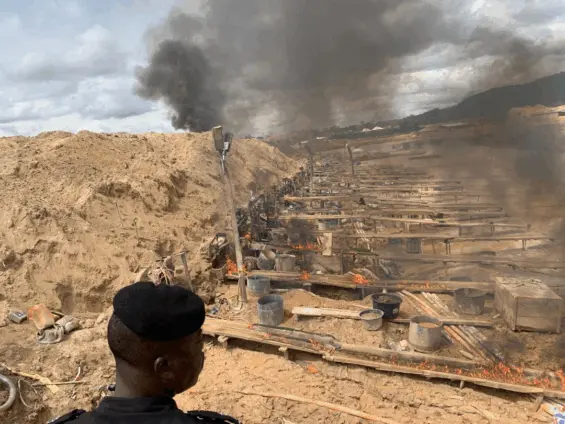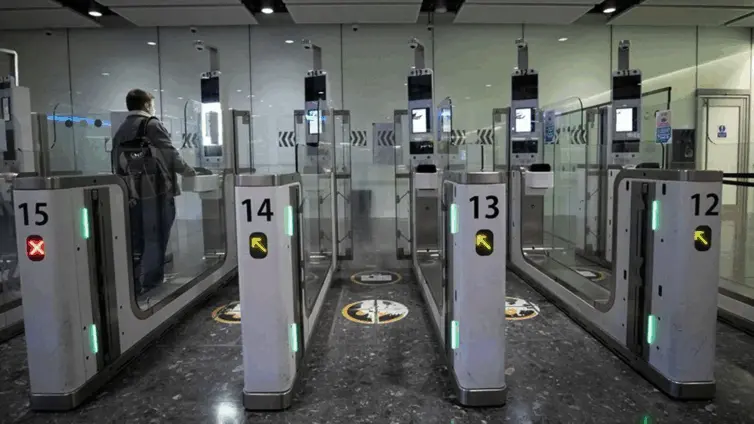In the bustling municipality of Ayawaso East, a new approach to local governance is taking root. Municipal Chief Executive (MCE) Mr. Abdul Ganiyu Ibrahim is championing inclusive governance as the cornerstone for achieving sustainable development. This commitment was brought to the fore at a recent stakeholder engagement forum, where Mr. Ibrahim underscored the vital role of collaboration and unity among residents, local authorities, and development partners. The push for inclusive governance aims to address critical issues such as sanitation, road infrastructure, education, and youth unemployment, fostering a stronger, more developed municipality through shared responsibility.
The forum served as a platform to discuss strategies aligned with these principles, setting the stage for a more participatory approach to local development. The MCE’s emphasis on unity signals a significant shift towards a governance model that prioritizes community involvement and shared ownership of developmental outcomes. This approach recognizes that lasting progress requires the collective effort of all stakeholders, ensuring that no one is left behind in the pursuit of a better Ayawaso East.
“Your presence and participation today are crucial,” Mr. Ibrahim stated, emphasizing that, “it is through your collective ideas, concerns, and recommendations that we will develop a plan that is not only strategic but truly inclusive.” This quote encapsulates the essence of the assembly’s vision for inclusive governance.
The commitment to inclusive governance in Ayawaso East stems from the understanding that development is a shared responsibility. Mr. Ibrahim has repeatedly stressed that inclusiveness and unity are crucial for achieving sustainable progress at the local level. By bringing together diverse voices and perspectives, the municipality aims to create development plans that are not only effective but also truly reflective of the community’s needs and aspirations.
The stakeholder engagement forum drew participation from a wide array of community representatives, including traditional leaders, youth groups, religious bodies, assembly members, civil society organizations, and representatives from key government agencies. This diverse representation ensured that a broad range of perspectives were considered in the discussions, fostering a sense of collective ownership and shared responsibility. The forum provided a platform to address pressing issues facing Ayawaso East, including sanitation, road infrastructure development, education, and youth unemployment.
Regarding sanitation, the assembly plans to roll out sensitization programs to educate residents on the impact of poor waste management practices. These programs will involve sanitation officers, traders, and community leaders, who will play a key role in disseminating information and promoting responsible waste disposal habits. By engaging these key stakeholders, the assembly aims to create a culture of cleanliness and environmental stewardship throughout the municipality.
Mrs. Rebecca Anna, the Municipal Development Planning Officer, highlighted the achievements that Ayawaso East has realized over the past 25 years through inclusive and well-coordinated planning. These achievements, she noted, are a testament to the power of collaboration and strategic vision.
Examples of development projects undertaken through this approach include the distribution of educational facilities such as tables and chairs, the construction of medical buildings to improve healthcare access, the renovation of the National Ambulance Service Office to enhance emergency response capabilities, and the construction of drains to mitigate flooding and improve sanitation. These projects were planned with the active involvement of key stakeholders, ensuring that they align with the community’s needs and priorities. The planning document for these initiatives was signed by the MCE, underscoring the assembly’s commitment to transparency and accountability.
Mr. Ibrahim pledged to continue working with all stakeholders to address the challenges facing Ayawaso East. He reiterated that through inclusive governance and collaborative efforts, the municipality can achieve sustainable development and improve the lives of its residents. Continued engagement and participation, he emphasized, are vital to ensure that development plans are truly reflective of the community’s needs and aspirations.
The Ayawaso East Municipal Assembly’s emphasis on inclusive governance, championed by MCE Abdul Ganiyu Ibrahim, represents a firm commitment to sustainable development achieved through unity and collaboration. The stakeholder engagement forum provided a pivotal platform for addressing pressing challenges and outlining initiatives aimed at improving sanitation, infrastructure, education, and employment opportunities. By actively involving residents, local authorities, and development partners, the assembly seeks to cultivate a more resilient and prosperous municipality. As advocated by the MCE, inclusive governance remains central to Ayawaso East’s continued progress.
Image Source: GHANAIANTIMES


